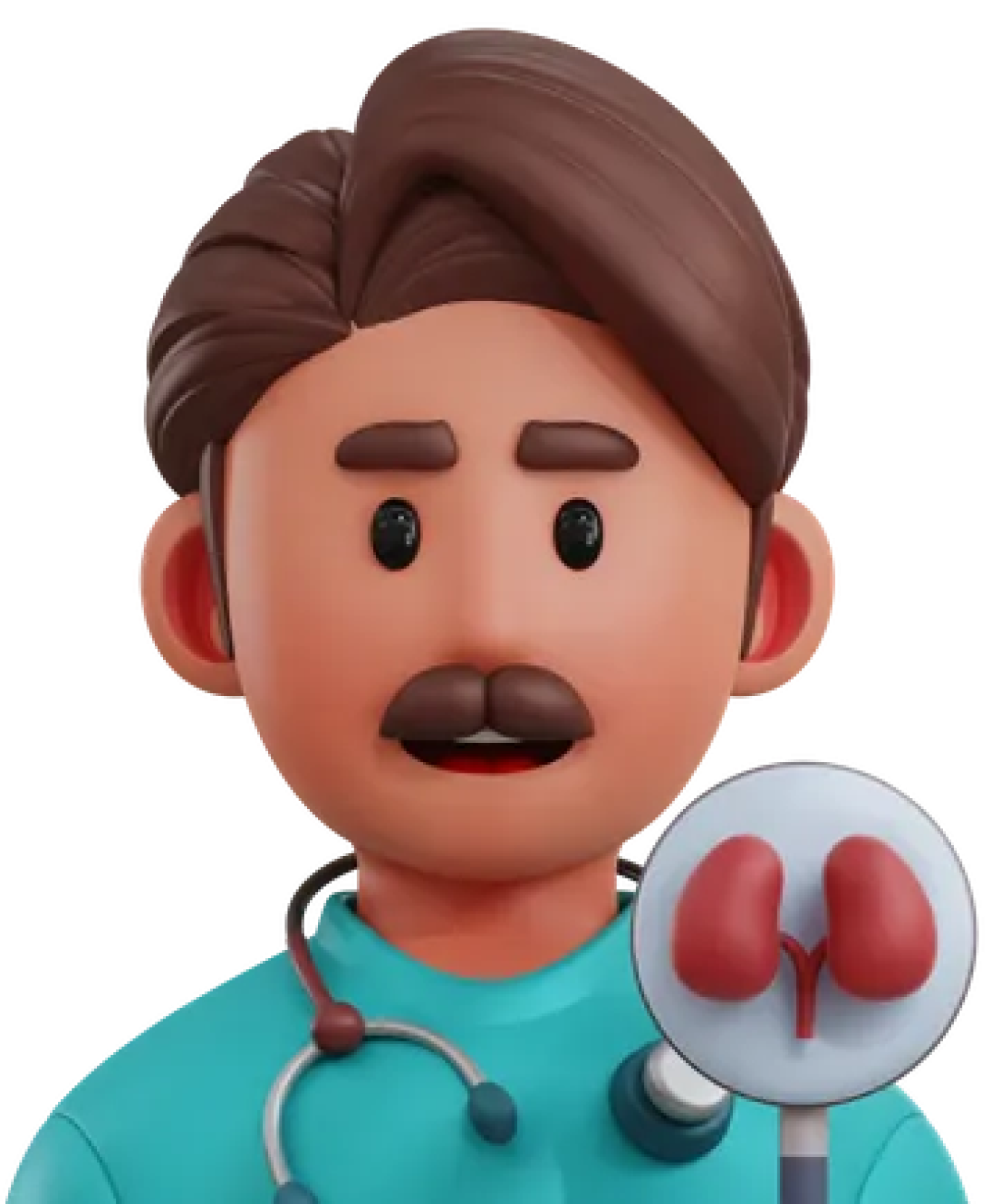Breaking Down Blood Pressure: How Hypertension Affects Kidneys
High blood pressure, or hypertension, is a prevalent condition with far-reaching implications beyond cardiovascular health. While commonly associated with heart disease, hypertension significantly affects kidney function and can lead to serious kidney-related complications. Let's delve deeper into how high blood pressure impacts kidney health and what steps can be taken to safeguard renal function.







